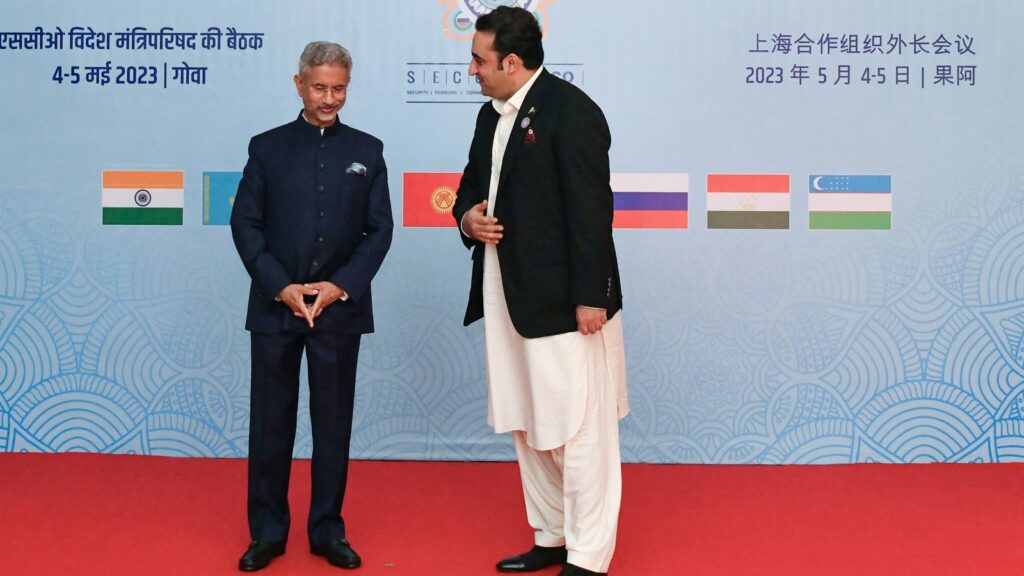External affairs minister S Jaishankar’s sharp comments on the closing day of the Shanghai Cooperation Organisation (SCO)’s foreign ministers’ meeting in Goa last week underlined India’s fraying patience with Pakistan and its sponsoring of terror. In a fierce attack, Dr Jaishankar said India will counter and delegitimise cross-border terrorism and call out Pakistan’s backing for it, lashing out at Pakistani foreign minister Bilawal Bhutto Zardari’s efforts to link resumption of dialogue with the restoration of Jammu & Kashmir’s special status, and saying the only issue up for discussion would be Islamabad vacating Pakistan-occupied Kashmir (PoK). “As a foreign minister of an SCO member State, Mr Bhutto Zardari was treated accordingly. As a promoter, justifier, and I’m sorry to say, spokesperson of a terrorism industry which is the mainstay of Pakistan, his positions were called out and they were countered, including at the SCO meeting itself,” the minister said. Coming hours after five Indian soldiers were killed and an officer wounded in a terror ambush in Rajouri’s Kandi forest area, the remarks reminded the world that Pakistan continued to back terror to destabilise the Jammu and Kashmir administration.
Ties between the two countries are at a low ebb; diplomatic relations have been downgraded, trade stopped and international engagements non-existent. Though the ceasefire along the Line of Control holds, India has made it clear that normal relations can only be restored once Islamabad halts funding and operationalising terrorism. Dr Jaishankar made this clearer in a response to a Pakistani journalist (who asked about the importance of Mr Bhutto Zardari’s visit, the first by a Pakistani foreign minister in 12 years), saying he came to India as a foreign minister of an SCO member State, and nothing more should be read into the trip.
In Pakistan’s current state of flux, the chances of any checks on terror appear slim. Caught between Imran Khan’s mounting street popularity, adverse judicial pronouncements and a collapsing economy, Shehbaz Sharif’s government is devoting its attention to nurturing its domestic constituency by whatever means necessary. Moreover, a messy squabble within the Pakistani army has left the institution vulnerable to public attacks. With elections due later this year, it is only likely that Islamabad’s politicians will opt for rabble-rousing over sober policy, and India baiting to raise their domestic electoral stock. How Pakistan’s all-weather friend, China, will react to this fluidity and unpredictability remains to be seen. New Delhi should stay the course, and remain alert.
Enjoy unlimited digital access with HT Premium
Subscribe Now to continue reading


